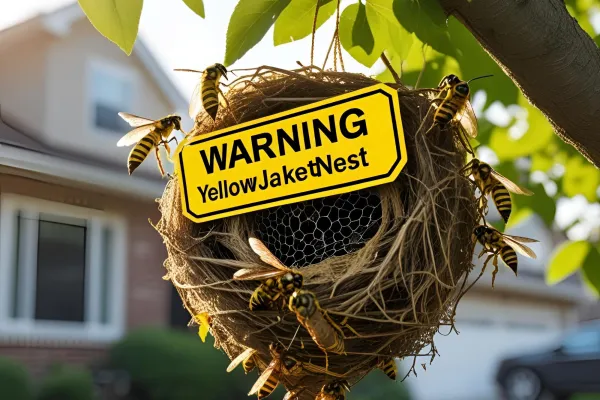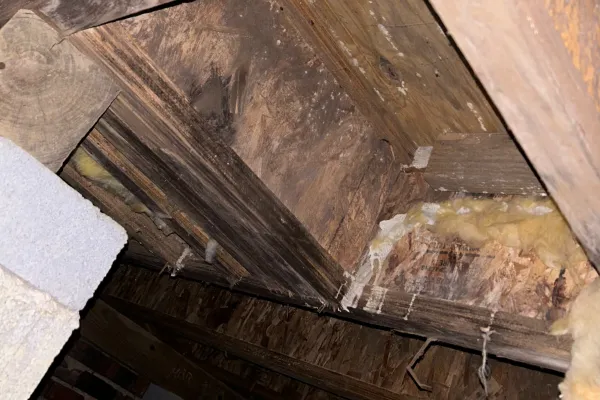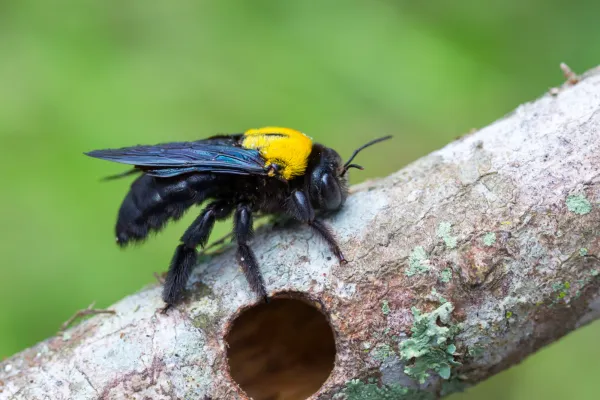Eco-Friendly Pest Control Methods

In today's world, finding sustainable solutions to everyday challenges is crucial for protecting our environment and promoting a greener future. When it comes to pest control, it is no different. Traditional pest control methods often rely on chemical-laden products that can harm not only the pests but also the ecosystem as a whole. Thankfully, there is a growing emphasis on eco-friendly pest control methods that prioritize the health of our homes and the environment.
By exploring and implementing these environmentally conscious approaches, we can effectively manage pest problems while minimizing our ecological footprint. At Palmetto Exterminators, we believe in providing effective pest management while prioritizing the well-being of our customers and the environment. Here are some tips to help you manage pests in an eco-friendly way.
Integrated Pest Management (IPM)
One of the most effective and eco-friendly approaches to pest control is Integrated Pest Management (IPM). This holistic strategy emphasizes prevention and combines pest management techniques while minimizing environmental impact. IPM involves:
- Inspection and monitoring to identify pest issues accurately
- Implementing of preventive measures, such as sealing entry points and eliminating food and water sources
- Using targeted treatments, like traps, baits, or botanical insecticides, to address specific pest problems
- Regularly following up to assess the success of the methods and make necessary adjustments to the treatments
Natural Repellents
Utilizing natural repellents is another eco-friendly option to keep pests at bay. Many common household items can serve as natural deterrents due to their strong scents or taste acting as natural barriers against pests. For example:
- Peppermint oil: Spiders and ants dislike the smell of peppermint oil. Dilute it with water and spray it around entry points and affected areas.
- Vinegar: A mixture of vinegar and water can repel ants and other insects. Spray it in areas where pests are prevalent.
- Citrus peels: The scent of citrus repels spiders and ants. Place peels near entryways or in cabinets to deter them.
- Essential oils: Certain essential oils like lavender, eucalyptus, and tea tree oil can act as natural repellents for various pests.
Biological Pest Control
Biological pest control is an eco-friendly method that utilizes natural predators, parasites, or pathogens to control pest populations. By introducing these organisms into the ecosystem, they help regulate pests without the need for harmful chemicals. Some examples of biological pest control include:
- Ladybugs: Release ladybugs into your garden to control aphid populations naturally.
- Nematodes: These microscopic organisms can be applied to the soil to target and control pests like grubs and termites.
- Bacillus thuringiensis (Bt): Bt is a naturally occurring bacteria that specifically targets certain insect larvae, such as mosquitoes, caterpillars, and beetles.
Physical Barriers and Traps
Implementing physical barriers and traps is a proactive and eco-friendly approach to pest control. By preventing pests from entering your home or capturing them without harmful chemicals, you can maintain a pest-free environment. Here are some examples:
- Install door sweeps and screens: Sealing gaps and installing screens on windows and doors prevent pests from entering your home.
- Sticky traps: These traps use non-toxic adhesive substances to capture crawling insects, such as cockroaches or silverfish.
- Light traps: Installing light traps can attract flying insects like mosquitoes and moths, reducing their presence indoors.
Pest-Repellant Spray
Some household spices contain powerful aromatics and have properties that insects and critters find displeasing, making them excellent natural deterrents. You can create a simple and eco-friendly pest control solution by mixing one teaspoon of your chosen spice with a cup of water in a spray bottle. Apply this mixture to areas where pests commonly enter, such as window sills and door frames. Not only does this approach provide an alternative to chemical-laden repellents, but it also allows you to embrace the natural scents and flavors of spices while keeping your home pest-free. Spices to use can include cinnamon, cayenne, paprika, cloves, and more.
Food Waste as a Pest Repellant
Food waste is a great solution for a natural form of pest control. Instead of throwing away certain food scraps, you can repurpose them to keep pests at bay. For example, citrus peels, such as lemon or orange, have a strong scent that repels insects like ants and spiders. Simply place these peels near entry points or areas where pests are prevalent. Additionally, coffee grounds can be sprinkled around plants or garden beds to deter slugs and snails. These natural repellents not only help in reducing food waste but also provide an eco-friendly alternative to chemical-based pest control methods. By utilizing food waste as a pest repellent, you can contribute to a more sustainable and pest-free environment.
When it comes to pest control, adopting eco-friendly methods is essential to protect both your home and the environment. Integrated Pest Management, natural repellents, biological pest control, and physical barriers/traps are effective alternatives to traditional chemical-based approaches. By incorporating these practices into your pest control routine, you can ensure the safety of your family while contributing to a healthier, greener planet.
At Palmetto Exterminators, we are dedicated to providing sustainable pest control. Our dedication to safe pest control ensures that your home remains pest-free without compromising the well-being of your family or the planet. With Palmetto Exterminators, you can trust in our expertise and commitment to a greener future. Contact us today to learn more about our pest control services and schedule a free estimate for your home.


